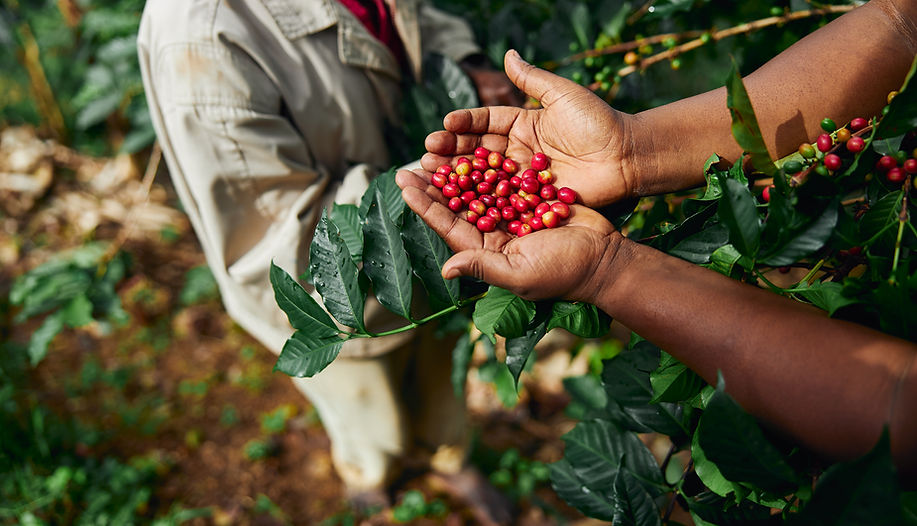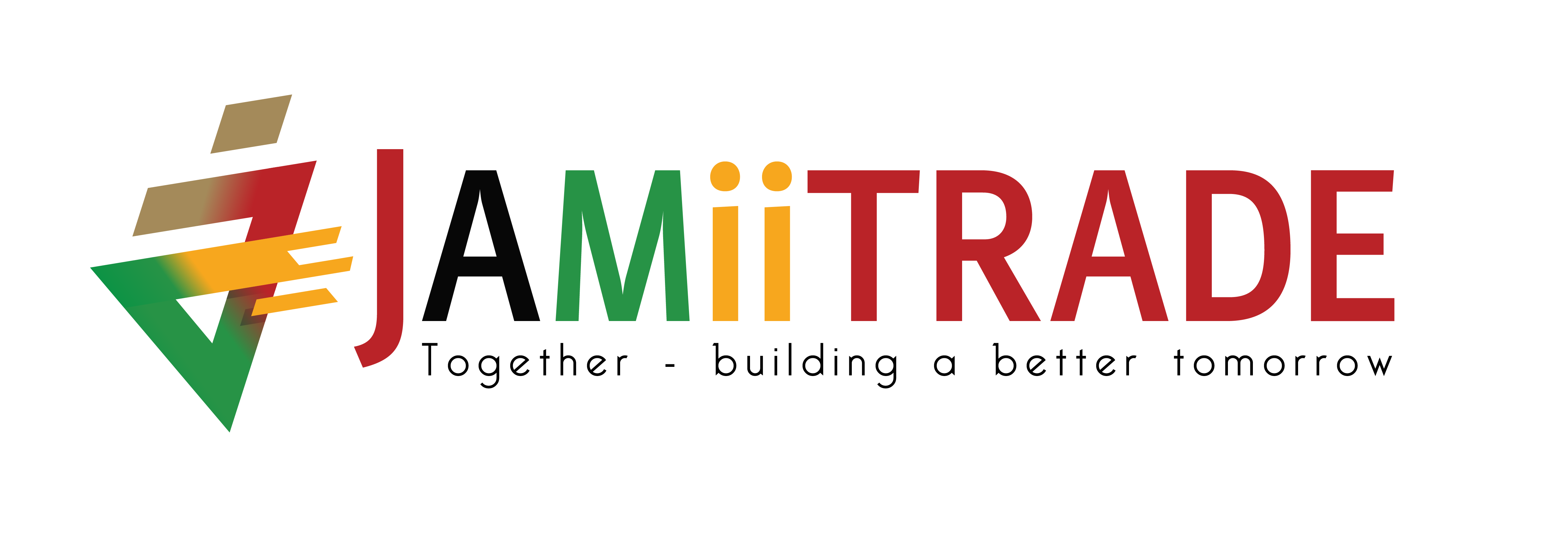
A curated peer-to-peer community for SMEs trading in Africa and beyond.
The transformation of Africa is not one man’s job. It is a job for all of us, and by empowering our entrepreneurs we can build and secure Africa’s future.
TONY ELUMELU
Jamii is a Swahili word meaning “community”, and JamiiTrade is an online platform developed by a collective, for entrepreneurs by entrepreneurs. It aims to convene a peer-to-peer trade community for sharing opportunities, challenges, experiences and best practice of cross border trade, while building a body of knowledge and information to provide data that can influence policy change, create new markets and provide new opportunities for the African SMEs.
SME businesses account for almost 90% of businesses in both leading and developing economies. African SMEs conservatively contribute almost 60% to the African GDP, and are the economic engine that can forever change the continent by driving economic growth. The opportunity of cross-border trade, unparalleled globally, provides opportunities of growth and sustainability. The biggest barriers to realising this potential and capitalising on building economic success is the lack of centralised, relevant, easily accessible information for enterprises that can engage and create their own trade community, draw experiences and challenges, share best practice and grow intra-Africa and global trade.
Shift Impact Africa and the Shared Value Africa Initiative (SVAI) through research identified the gaps and lack of information and access to user-friendly, easily accessible trade information for our SMEs. The result, a knowledge gap regarding the opportunities for cross-border and international trade, as well as accessing new markets
Enter JamiiTrade, the go-to community and information platform for SMEs looking to trade across borders – a trusted and credible network and potential source of data and insights that connects business and policymakers.

Did you know? MSMEs constitute 80% of African enterprises.
Africa has the highest percentage of entrepreneurs among working-age adults of any continent in the world. (TEF Report)
96% of businesses in Nigeria are SMEs, providing 84% of employment and contributing 48% of total GDP.
(PWC Report)
91% of businesses in South Africa are SMEs, providing 60% of employment, and contributing 52% of total GDP. (PWC Report)
ABOUT US
Evaluating Obstacles for SMEs
Evaluating the knowledge gap on the AfCFTA, within the African entrepreneurship community, was the foundation for the development of JamiiTrade.
At the beginning of July 2021, SVAI commissioned research through diiVe – represented by a group of international students – to better understand the barriers for entrepreneurs in participation in the AfCFTA, and what would be required to address these for the benefit of SMEs. By evaluate the existing knowledge gap and the challenges faced by these enterprises, we were able to understand what was needed, and how we could best deliver to them.
The findings highlighted that, even though most know about the AfCFTA’ s main idea and objectives, they are not aware of how it affects their businesses. A common misconception the team heard during the research findings interviews was the perception that the AfCFTA only applied to governments and big companies.
Some interviewees also talked about how the agreement sounds great on paper, but they are finding it difficult to see how it will be implemented to the extent that its impact will be felt by small businesses like theirs.
Ultimately, while key drivers of the AfCFTA – private sector, governments and the development community – all agree as to its potential as a game changer for the African economy, it is through efficient inclusion and participation of SMEs that is can truly transform the continent. JamiiTrade will reach this goal, not just for the AfCFTA but trading across borders overall.
100% of Africa Entrepreneurship Forum attendees in 2021 indicated that they needed more information on the AfCFTA.
Invest for impact
Without credible, centralised, easily accessible information, African entrepreneurs will not benefit from AfCFTA and any other continental and international trade; economic growth will be stifled; and Africa’s potential will be an unrealised dream.
TRADE BACKGROUND
What is the AfCFTA?
The African Continental Free Trade Area (AfCFTA) agreement will create a single market for goods, services, facilitated by movement of persons in order to deepen the economic integration of the African continent and in accordance with the Pan African Vision of “An integrated, prosperous and peaceful Africa”.

The AfCFTA has the potential to lift 30 million people out of extreme poverty. (World Bank)
What does the continental and international trade mean for SMEs and MSMEs?
Being an entrepreneur in Africa requires a great deal of perseverance, networking and passion. Supporting the African youth dividend and encouraging cross border trade is an opportunity for the continent to be the big global growth area. The economic environment in many African countries lack a thriving support ecosystem to support our startups and SMEs.

QUICK LINKS & CONTACTS
Here are shortcuts to some of the most common questions we are asked:
If you still can’t find what you are looking for, if you have questions about JamiiTrade and what we do, or you want to give us feedback - you can email us anytime.
General questions: info@jamiitrade.africa
Media enquiries: info@jamiitrade.africa
SOUTH AFRICA
C/O Perch, 3rd Floor 37, Bath Avenue, Rosebank, Johannesburg
KENYA
C/O AWJ Africa, Merchant Square, Riverside Drive, Nairobi
Powered By
Legal Disclaimer | Terms and Conditions of Use | Acceptable Use Policy | Cookie Policy | Privacy Policy
© 2025 JamiiTrade





